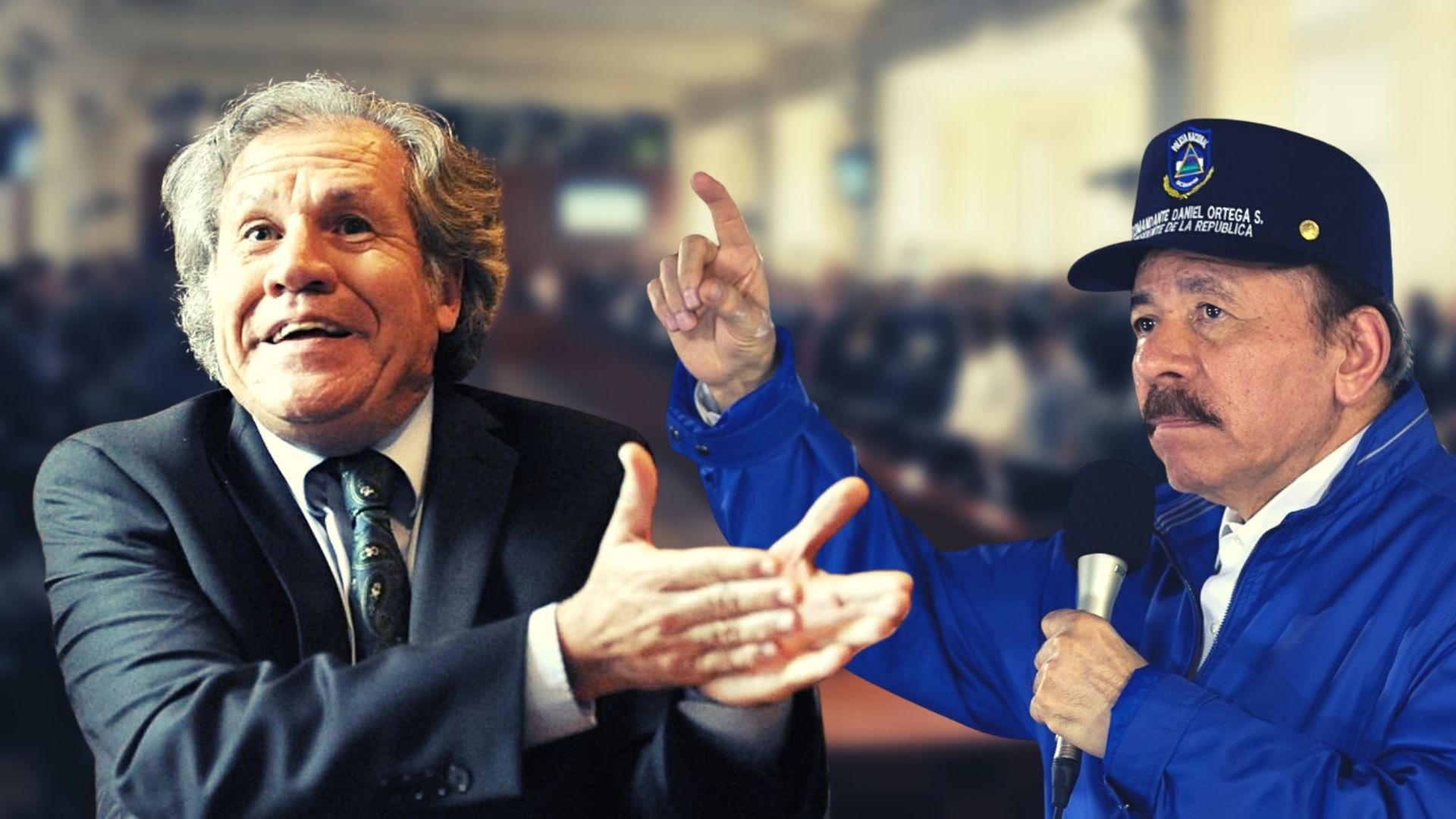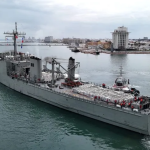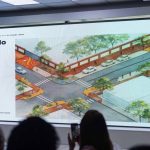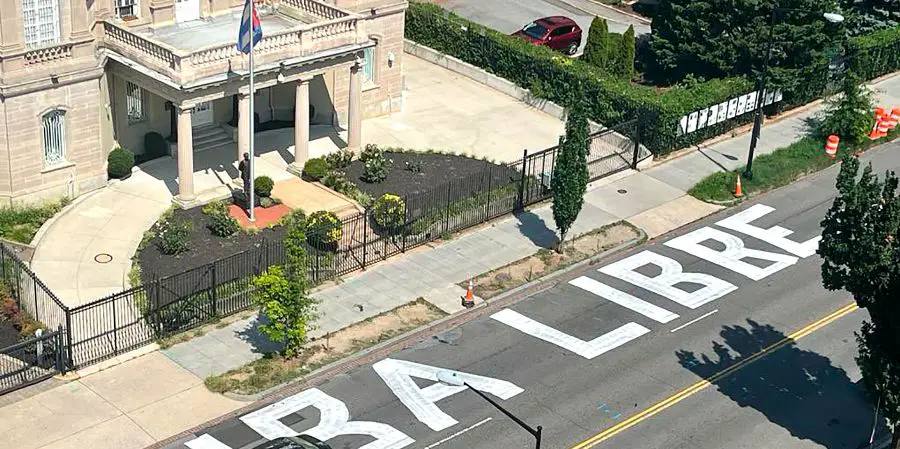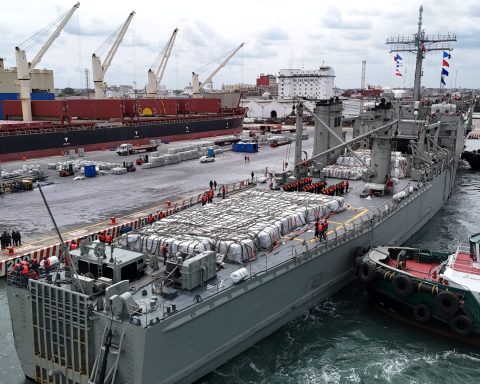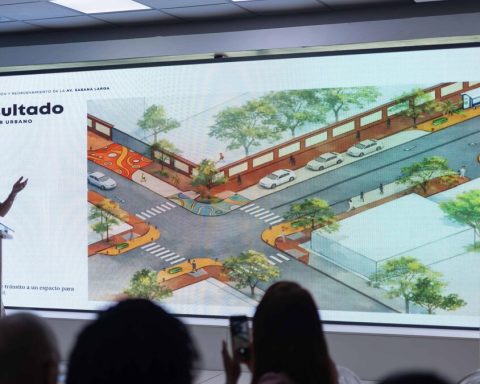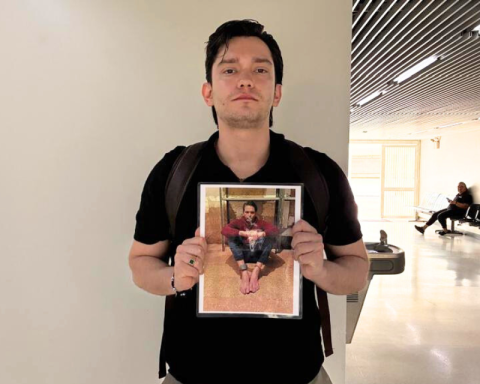On the eve of the 53rd General Assembly of the Organization of American States (OAS), to be held from June 21 to 23, in Washington DC, the former ambassador of Managua to the continental organization Arthur McFields explained that the issue of Nicaragua will be addressed with “certain secrecy” by the member countries, which refuse to refer to Daniel Ortega as a dictator.
The former diplomat told Article 66 that there is interest on the part of the OAS in addressing the situation in Nicaragua; However, he stressed that “it will be played in a decaffeinated way, without fangs and claws because – the countries that make up the OAS – They do not want to call —Daniel— Ortega a dictator, because if they name him like that, there is no spirit to approve the resolution.”
Related news: OAS recognizes the importance of maintaining the denunciation of the repression that Nicaragua is experiencing
He argued that the refusal to call Ortega a dictator is because some of the countries have governments with certain dictatorial attitudes “and they don’t want them to be labeled that way later.”
Regarding the issues to be addressed in the OAS Assembly, McFields said that they have agreed to demand the freedom of political prisoners, dialogue with the dictatorship and the return of international human rights organizations.
“A resolution is coming, they fully agree that the release of all political prisoners is essential. They believe in the issue of dialogue, I don’t know how it is, but they believe in that issue, “he remarked.
However, he insisted that “what is unfortunate” is that if there is no consensus to call Daniel Ortega a dictator “how will there be a consensus to delegitimize him, if they do not even dare to call him a dictator with all his letters?”
Related news: Five countries once again request that the situation of Nicaragua be discussed at the OAS
On the other hand, he pointed out that the resolution on Nicaragua is “the thermometer of the temperature level that exists in the OAS, since a strong resolution reflects a strong OAS but a weak one reflects a weak organization, led by countries that have a specific weight within the organization”.
“We will see in Central America, presidents like Xiomara Castro or Nayib Bukele, who will never agree to call Ortega a dictator because if they do it today, they will be afraid that tomorrow they will do it to them, so we have an anemic OAS lacking in politics. , to firmly make decisions about Nicaragua,” he stressed.
Since 2018, the OAS has demanded that the Government of Nicaragua respect human rights and cease the repression against Nicaraguans, which led the dictator Daniel Ortega to attack the organization, denouncing, on November 19, 2021, the Letter of the Organization, making the decision to leave, after describing it as meddling. This coming November is the two-year term for Nicaragua to leave the organization.
